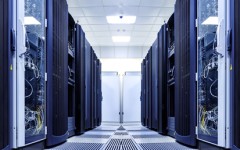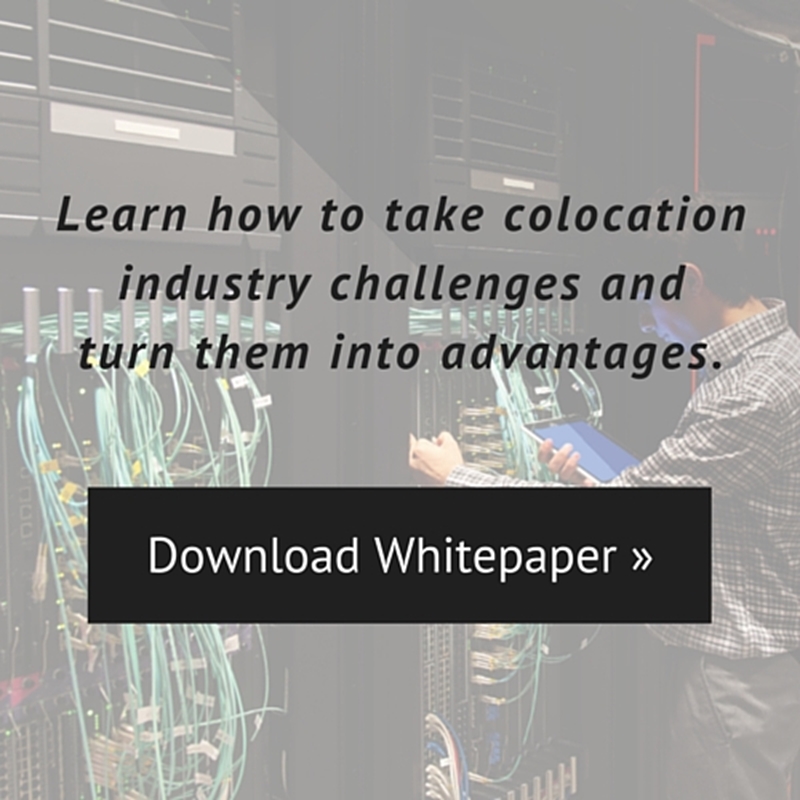What we can learn from AWS outage
Earlier this week, Amazon Web Services found itself in hot water when its oldest data center experienced outages that shut down services for a number of its clients. The issue at hand was with its S3 web-based storage service, which resulted in partially and fully broken sites, applications and devices that rely on it.
AWS continued to update its service health dashboard throughout the day, letting customers know periodically of its remediation successes. At one point, though, the problem escalated to the point where the organization was unable to even update the dashboard – having to turn, instead, to Twitter. According to AWS, the S3 outage was attributed to "high error rates with S3 in US-EAST-1," though few other details were released at the time of this writing.
Tech Crunch reported some of the major websites and companies that were affected by the disruption, including Quora, Business Insider, Giphy and Slack. The news source also revealed that even some Internet-of-Things devices such as thermostats and connect light bulbs were also impacted by the outage.
The need to optimize what's outdated
As The Atlantic pointed out, this isn't the first time something like this has happened to AWS. In fact, most of the time when a handful of popular websites or apps are rendered unavailable for hours at a time, it can often be traced back to an issue with AWS and, more specifically, with a problem happening at its northern Virginia-based data center. Part of the problem with this facilitiy is that is it one of its oldest ones and, according to The Atlantic, operates on old equipment, in an old building.
This is just one example of the importance of proper data center management. There are an array of risks and threats plaguing organizations at any given time, threatening to compromise networks and disrupt operations in ways that can damage them both financially and reputationally (not to mention their customers, too). To minimize the risk of downtime, businesses must make disaster recovery and backup power supplies a priority. Doing so is an urgent matter for every type of company, but particularly those who are running on outdated equipment and in old buildings.
Safeguarding data centers with UPS units, for example, are one of the most effective ways to ensure that, if an outage does occur, your equipment will be protected. If something goes wrong with your network, you want to make sure you are able to remediate the issue as quickly and efficiently as possible. However, even better than having an effective incident response and disaster recovery plan, is having the backup systems and tools installed that ensure your critical business operations are never severely impacted by a power interruption in the first place.
At Custom Networks, we can help you find all the equipment and systems needed to create a secure, protected and optimized data center, including heating and cooling solutions, backup batteries, power distribution units, surge protection and power conditioning, and more. For more information, give us a call today.
 Loading... Please wait...
Loading... Please wait... 






